 Many individuals misuse prescription drugs to stay alert, self-medicate, increase energy or performance at work, and manage stress or pain. Substance abuse crosses all industries and professions, including healthcare. The U.S. Drug Enforcement Agency (DEA) reinforces this fact by saying, “The last people we would suspect of drug addiction are healthcare professionals—those people trusted with our well-being. Yet, healthcare workers are as likely as anyone else to abuse drugs.” Below are a few data points that show the reach of substance abuse in jobs related to medicine.
Many individuals misuse prescription drugs to stay alert, self-medicate, increase energy or performance at work, and manage stress or pain. Substance abuse crosses all industries and professions, including healthcare. The U.S. Drug Enforcement Agency (DEA) reinforces this fact by saying, “The last people we would suspect of drug addiction are healthcare professionals—those people trusted with our well-being. Yet, healthcare workers are as likely as anyone else to abuse drugs.” Below are a few data points that show the reach of substance abuse in jobs related to medicine.
- Physicians struggle with addiction to alcohol, narcotics, and sedatives just like the general population, especially those in the field of anesthesiology, according to the Journal of the American Medical Association.
- Survey results from the Substance Abuse journal revealed that 48 percent of nurses reported drug or alcohol use at work, 27 percent acknowledged that patients were put at risk one or more times because of substance use, and 25 percent of nurses indicated that they obtained drugs in the workplace. The nurses surveyed declined to seek help for fear of embarrassment and losing their nursing license.
- A Mayo Clinic study showed that medical students had twice the rate of alcohol problems as surgeons, physicians, and the general public because of factors such as burnout, educational debt, age, and emotional exhaustion.
Where healthcare professionals do differ from the public is that their drug use and access to powerful medicines puts patients and colleagues at risk. For this reason, many hospitals, clinics, medical schools, pharmacies, and addiction recovery centers have implemented drug testing programs along with early identification and prevention training.
However, the drug testing of medical professionals can be somewhat controversial in the healthcare industry. The primary argument against drug screening is that healthcare professionals will self-regulate and blow the whistle if they suspect a colleague of substance abuse. Yet, Dr. Art Caplan, New York University professor and medical ethicist, explains to Medscape, “When you ask doctors, residents, and even medical students hypothetically if they would report someone that they thought was impaired, they tend to say no.”
Quest Diagnostics offers a comprehensive specialty panel for organizations who want to protect the safety and well-being of patients and healthcare staff. Test panels can be configured to screen for substances readily available to medical professionals, such as benzodiazepines, barbiturates, and opiates, as well as illicit drugs.
Download our brochure to learn more about our Medical Professional Panel options.
To learn more about medical professional testing, visit our website or contact us online.
 Your Privacy Choices
|
Privacy Notices
|
Terms
|
Language Assistance / Non-Discrimination Notice | Asistencia de Idiomas / Aviso de no Discriminación | 語言協助 / 不䈚視通知
Your Privacy Choices
|
Privacy Notices
|
Terms
|
Language Assistance / Non-Discrimination Notice | Asistencia de Idiomas / Aviso de no Discriminación | 語言協助 / 不䈚視通知
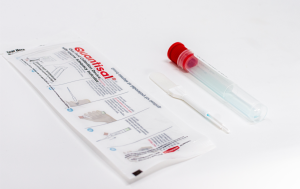
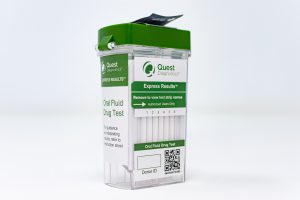
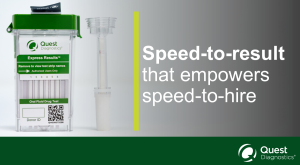
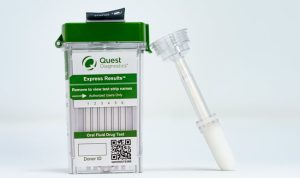


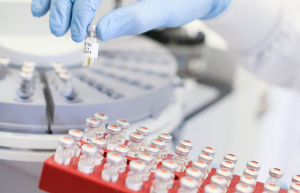
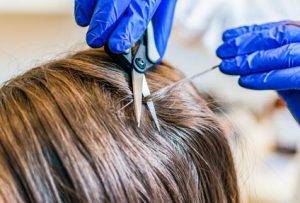
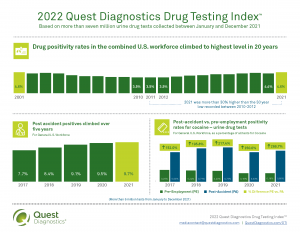


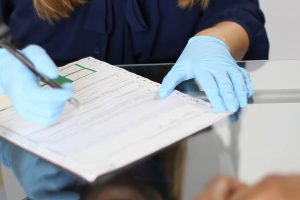


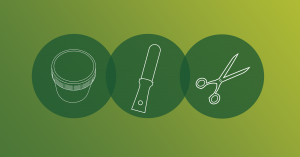




Where healthcare professionals do differ from the public is that their drug use and access to powerful medicines puts patients and colleagues at risk. For this reason, many hospitals, clinics, medical schools, pharmacies, and addiction recovery centers have implemented drug testing programs along with early identification and prevention training.
However, the drug testing of medical professionals can be somewhat controversial in the healthcare industry. The primary argument against drug screening is that healthcare professionals will self-regulate and blow the whistle if they suspect a colleague of substance abuse. Yet, Dr. Art Caplan, New York University professor and medical ethicist, explains to Medscape, “When you ask doctors, residents, and even medical students hypothetically if they would report someone that they thought was impaired, they tend to say no.”
Quest Diagnostics offers a comprehensive specialty panel for organizations who want to protect the safety and well-being of patients and healthcare staff. Test panels can be configured to screen for substances readily available to medical professionals, such as benzodiazepines, barbiturates, and opiates, as well as illicit drugs.
Download our brochure to learn more about our Medical Professional Panel options.
To learn more about medical professional testing, visit our website or contact us online.